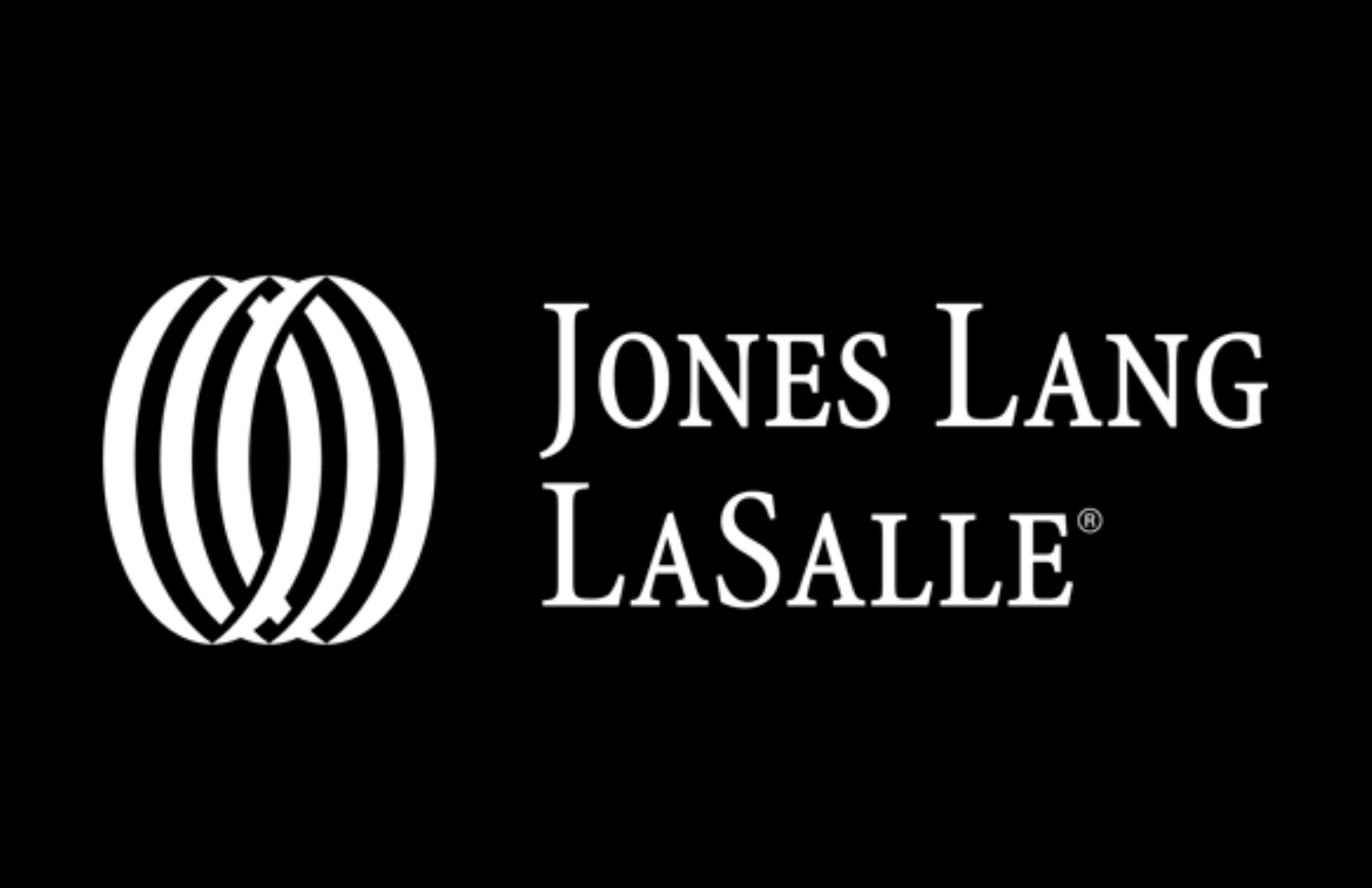The hotel industry is in trouble but flexibility from lenders providing commercial mortgage-backed security loans and support from government at all levels (local, state and national) can provide relief.
A study by Jones Lang Lasalle Inc. noted that without relief during the COVID-19 pandemic, 80% of hotels will be in default and could disappear. The study revealed that delinquency rates for CMBS loans are on the rise, and from April to June, the largest monthly increase of delinquencies happened. It also noted that by the end of 2020, almost half of CMBS loans will be delinquent, and in 2021, more than 60% will be delinquent.
Jones Lang Lasalle (JLL) reported that in the best-case scenario, the hotel industry’s delinquency levels will reach pre-crisis levels in the third quarter of 2021. The worst-case scenario puts the return to pre-crisis levels between 2023 and 2024. About $13 billion in hotel CMBS loans recently transferred to special servicing, which is not helping the market’s delinquency levels.
The top five markets by special servicing balance a are: New York ($1.2 billion, 36% of total CMBS loan balance in special servicing), Miami ($1 billion, 39% of total CMBS loan balance in special servicing), Chicago ($995 million, 38% of total CMBS loan balance in special servicing), Los Angeles ($552 million, 27% of total CMBS loan balance in special servicing) and Hawaii ($400 million, 9% of total CMBS loan balance in special servicing).
The JLL report notes that cumulative forecast default rates are estimates, and the elements that could affect these estimates include the duration and severity of the public health challenges related to COVID-19, the macroeconomic impact of further or renewed shelter-in-place requirements as a result of the pandemic, various local and regional variances in restrictions, economic activity, or recovery, the level and impact of additional government stimulus that may or may not be provided, and the financial conditions of any specific properties or owners within the set of analyzed securities.
The lodging industry is the one forecast to reach more than 60% by the fourth quarter of 2021, while the retail industry is expected to reach between 40% and 50% by that time. The office industry is expected to remain below 10%.
Risks for retail and lodging sectors of the economy are expected to remain through 2023, although JLL forecasts a peak in 2021 for all of these industries before they return to lower levels of delinquency.
Hotel owners, employers and lenders have come together to create Hotels Together, a coalition focused on pushing for new lending standards and economic relief to help the struggling industry.
As part of its efforts, the group is promoting the Workplace Recovery Act, a nonpartisan bill that calls for immediate compensation to all U.S. businesses harmed by the COVID-19 virus and the government-mandated shutdowns that were meant to slow the spread of the novel coronavirus. Hotels Together is also pushing for the adoption of fairness in hotel lending standards to prevent the default of loans and the closure of more than 80% of hotels in communities across the country.

